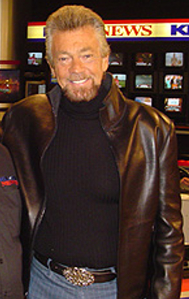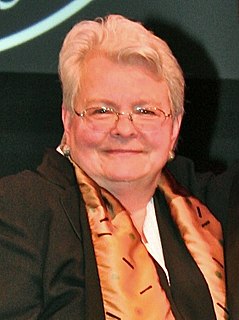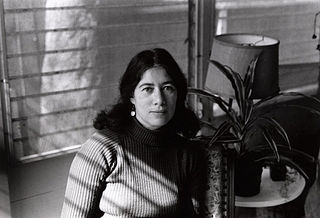A Quote by Busy Philipps
Writing is difficult. It's a time commitment, it's labor and I'd have to get myself to sit down and actually do the work and outline.
Related Quotes
I think I sit down to the typewriter when it's time to sit down to the typewriter. That isn't to suggest that when I do finally sit down at the typewriter, and write out my plays with a speed that seems to horrify all my detractors and half of my well-wishers, that there's no work involved. It is hard work, and one is doing all the work oneself.
Well, first you have to love writing. A lot of authors love having written. But I enjoy the actual writing. Beside that, I think the main reason I can be so prolific is the huge amount of planning I do before I start to write. I do a very complete, chapter-by-chapter outline of every book I write. When I sit down to write, I already know everything that's going to happen in the book. This means I've done all the important thinking, and I can relax and enjoy the writing. I could never write so many books if I didn't outline them first.
My writing isn't actually guided by issues. I know it seems that way, but I don't sit down and think, Oh, there's this issue I'm bothered about. I only write about things that directly impact my life. When I write, there's a pain that I have to reach, and a release I have to work toward for myself. So it's really a question of the particular emotional circumstance that I want to express, a character that appears, a moment in time, and then I write the play backwards.
I might spend 100 pages trying to get to know the world I'm writing about: its contours, who are my main characters, what are their relationships to each other, and just trying to get a sense of what and who this book is about. Usually around that point of 100 pages, I start to feel like I'm lost, I have too much material, it's time to start making some choices. It's typically at that point that I sit down and try to make a formal outline and winnow out what's not working and what I'm most interested in, where the story seems to be going.
It’s a job. It’s not a hobby. You don’t write the way you build a model airplane. You have to sit down and work, to schedule your time and stick to it. Even if it’s just for an hour or so each day, you have to get a babysitter and make the time. If you’re going to make writing succeed you have to approach it as a job.
I don't generate a storyline and then fill it out in the course of writing. The story actually generates in the course of the writing. It's one of the reasons I've never been comfortable doing screenplays, because in order to get the contract for the screenplay, you have to sit down and tell them what's going to happen.



































